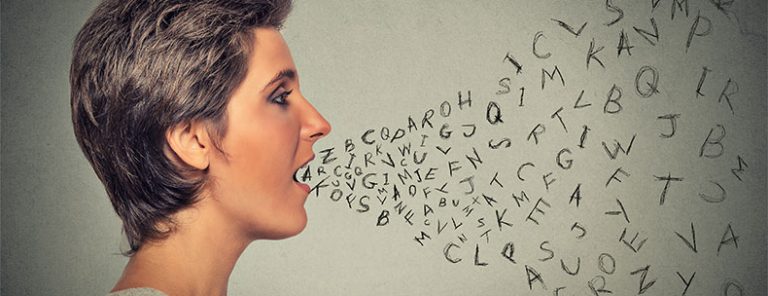When it comes to speaking in public or being effective in the business world, we can fail dismally without even realising! Those filler words make us seem underconfident, undecided and unprepared.

So, what I want to say is, ummm, you know, like, really, ahhh, (ahem), excuse me, yes no, it’s like, well…
Does any of that sound familiar?
At NIDA Corporate, we call the ‘ums and ahs’ filler words. It is a vocabulary that is constantly, like shifting, yeah?
As Australians we are behind the communication eight ball in so many ways because of our natural accent and our general laid back attitude.
When it comes to speaking in public or being effective in the business world, we can fail dismally without even realising! Those filler words make us seem underconfident, undecided and unprepared.
A fun thing to try is to get someone to clap once each time they hear you use a filler word in a presentation or in conversation. We use this exercise in our NIDA Corporate training with much hilarity in the room!
To get rid of the urge to use the fillers, the best thing to do is to take a breath when you want to say one. Try it in your everyday life and you will be surprised how quickly the habits of a lifetime can change.
Articulation (clear, crisp pronunciation) is also not a feature of our Aussie lingo. In fact Aussie articulation can be so bad, that Dean Frenkel, vocal expert, speech analyst, teacher and author ofEvolution of Speech (2011), considers us to be the leaders of theMang-lish movement (speakers who mangle English).
Are you guilty of these primeMang-lish examples?
Let’s start with ‘Australia’, not ‘Astraya’/’Austraya’; ‘probly’ instead of ‘probably’; ‘gumment’ rather than ‘government’; ‘nothin’ instead of ‘nothing’; a classic example is ‘anythingk’ in place of ‘anything’, and Victorian Premier Denis Napthine says ‘Commwealth’ rather than ‘Commonwealth.’ And it’s little wonder that manufacturing is going down the gurgler when so many politicians call it ‘mannerfactring’. (Sydney Morning Herald)
Articulation is never a problem for anyone raised in the USA. Try faking an American accent (no matter how corny) and discover the activity that naturally happens with your mouth, lips, teeth and tongue. Then speak in your normal voice and hear the difference.
If you work on dropping filler words and improving your articulation, clearer communication is just a few games away.
No yes. Like, really!
All views expressed are authors own.
Photo supplied by Gary Wales, Photographer
ReadBio Want to know more?Give her a call today on 1300 650 357 |
